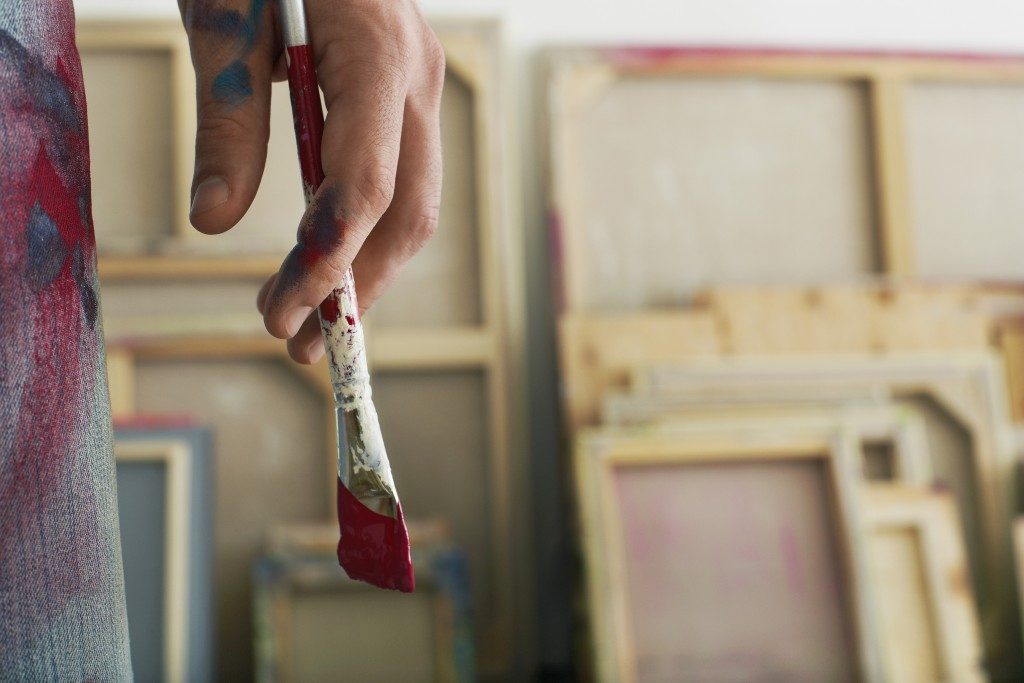Since the lockdowns were announced in March, millions of Americans have had to do everything from the comfort of their homes. From work to exercise to grooming, people have had to make do with what they had at home to maintain their health and sanity.
New realities demand new ways of coping, and we all need to learn some skills to adapt to our new normal. Gone are the days when we can immediately seek professional help for our pains—we still can, but the reality is that strict stay-at-home orders might get in the way of us immediately seeking professional help for our health concerns.
First aid is simply the help or assistance administered until full medical treatment is available—these tips only exist to help tide you over until you can visit your doctor. Here are some first aid skills you need in the time of COVID-19.
Mental health dips
Mental health first aid is a real thing that experts say everyone must be aware of. Founded in Australia, it’s a movement and training program that has found its way into our shores. It trains laypeople to identify mental health red flags in others and help them until mental health professionals can take over.
Some mental health dips that may need first aid include the following:
- Panic attacks
- Anxiety attacks
- Depressive episodes
- Psychosis
- Eating disorders
- Gambling problems
- Substance abuse
The three main goals of mental health first aid include 1) helping the sufferers in practical ways, 2) encouraging them to receive professional help, and 3) aiding someone who is suicidal.
For self-care, here are some immediate self-soothing activities you can do if you find yourself experiencing a mental health dip, at least until you can speak to your therapist or healthcare provider:
- Call someone you trust immediately. It can be your therapist or counselor, a family member, friend, or loved one who understands your history and has proven reliable in the past. Be honest about how you’re feeling, even if it includes suicide ideation.
- Set boundaries. If you find yourself increasingly overwhelmed by life’s demands, you might be taking on much more than you can handle. Don’t be afraid to say “no,” not just with work, but even with family activities or other social responsibilities.
- Find a healthy coping mechanism. What is one activity that makes you feel good and is actually healthy? Exercise comes to mind. Indulging in nutritious foods is also an example. Hobbies like taking care of houseplants or painting and drawing are also prime examples of activities that help you feel good and actually have healing benefits. Find an activity that helps you keep your mind off negative thoughts.
- Practice grounding exercises. A grounding exercise is a mental distraction that helps redirect your mind away from distressing thoughts and back to the present. Some examples include touching items near you, putting your hand in cold water, breathing deeply, moving your body, going for a walk—any sensory activity that can help bring your mind back to reality.
- When you start feeling better, create a self-care plan. A self-care plan involves names of people you can call, self-care and self-soothing activities you can do, and the contact details of your therapist or healthcare provider.
Body pains

Whether it’s a headache, a stomachache, or muscle pain, avoid constantly reaching for the painkillers to alleviate pain. Experts say relying too much on over-the-counter pain relievers can have serious repercussions on your health in the long run.
Here are some alternative but science-backed ways to soothe your body pains:
- Ginger tea. Some research has compared its effects with that of ibuprofen.
- Cold therapy. Apply a cold compress on the affected area to help slow down nerve impulses and reduce pain.
- Massage the affected area with mustard oil. Mustard oil contains a compound that can help reduce inflammation. Warm a cup of mustard oil in a microwave or pan, cool it down for a little until it’s warm and not hot, and massage it on the affected area for a few minutes before taking a shower.
- Do a salt water rinse. Dental pain can be hell for those who aren’t able to see their dentist immediately. To help alleviate toothache, gargle on some warm water with salt, which is a natural disinfectant and can help heal oral wounds and loosen food debris. It can help tide you over until you can go to the dentist for a dental checkup or a wisdom tooth removal.
Consult with professionals
No first aid will take the place of expert advice and a treatment plan, so go to your healthcare provider as soon as you can. Now more than ever, you need to be the healthiest version of yourself.



